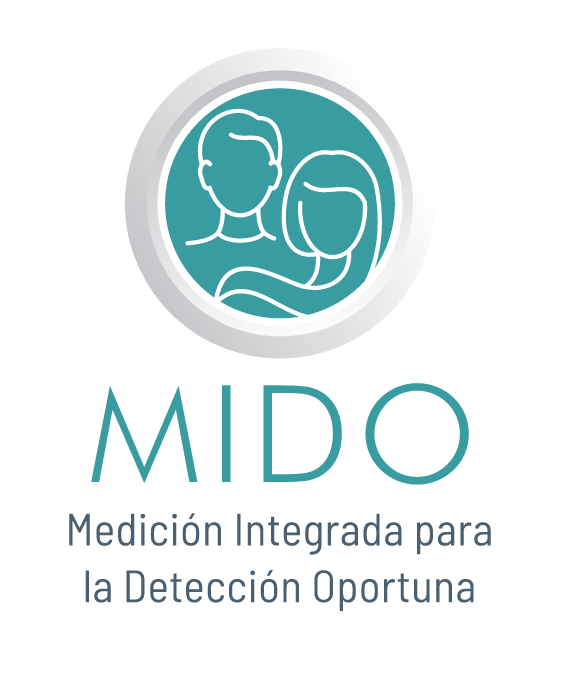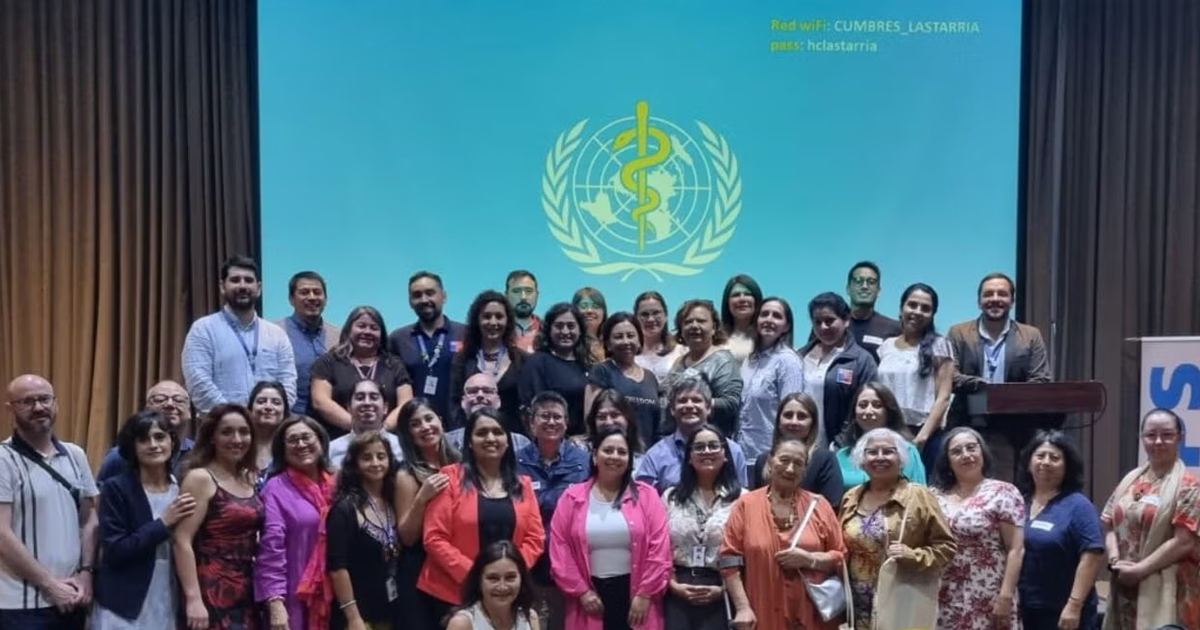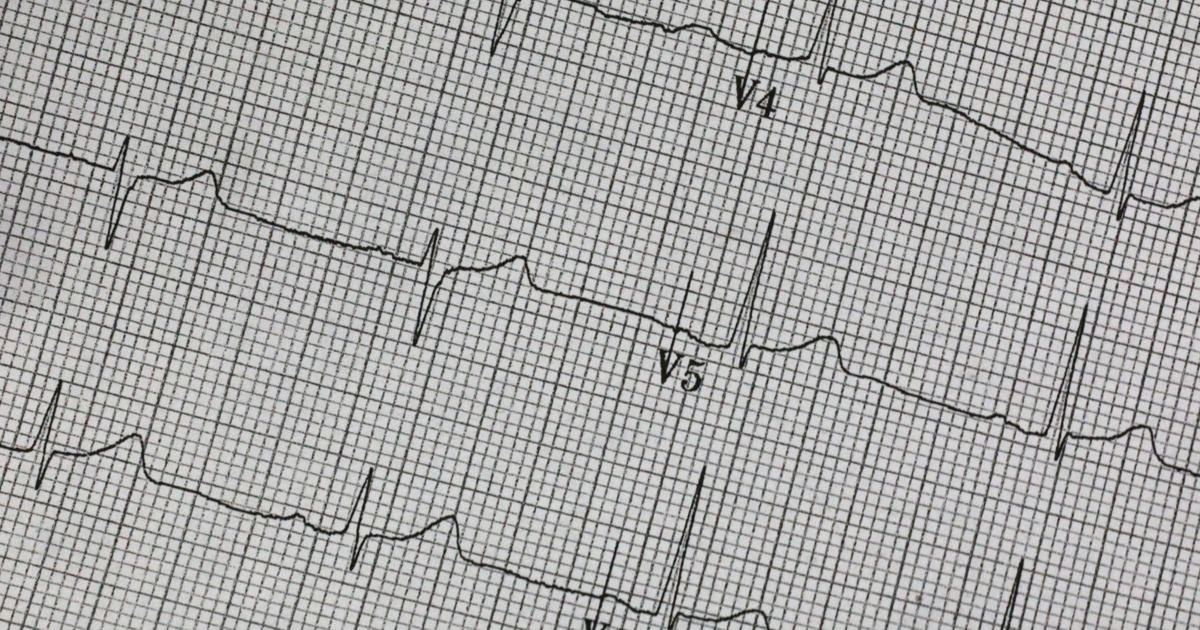Bajo la estrategia nombrada CASALUD, México aporta soluciones para erradicar enfermedades crónicas -causa del 84% de muertes en la población- que aquejan principalmente a mayores de 60 años. El plan se basa en abastecer a los centros médicos de pequeñas poblaciones de infraestructura y tecnología adecuada para dotar de medicamentos y herramientas que aporten a las necesidades del paciente y a su conexión con las instituciones de salud pública.
Desde hace años, países de ingresos bajos y medios (LMICs por sus siglas en inglés) -México siendo uno de ellos- se han enfrentado a una epidemia de enfermedades crónicas no transmisibles (ENT), como la diabetes, hipertensión, obesidad y alteraciones de los lípidos. Esto significa que las personas con estas enfermedades pueden no estar conscientes de ello, al ser condiciones que se descubren después de varios estudios y los síntomas no se manifiestan con mucha claridad. Con esto se demuestra la necesidad de realizar estudios más amplios, pruebas y programas de detección.
Nunca ajena a estar a la vanguardia, la Fundación Carlos Slim creó una iniciativa llamada Medición Integrada para la Detección Oportuna (MIDO), una política de detección y prevención proactiva de ENT la cual se sirve de la Big Data and Artificial Intelligence para crear un amplio portafolio de información certera que sea un apoyo para anticiparse a enfermedades como hipertensión o diabetes por medio de sistemas de registro clínico que clasifiquen, analicen y den seguimiento a posibles amenazas.
La fundación se dispuso a colaborar con la Secretaría de Salud de México y ya ha evaluado a más de 500 mil pacientes que no habrían sido examinados.
La creación de MIDO ha ayudado a reestructurar los programas de detección existentes y ampliarlos. Se han modernizado y, finalmente, se aprendió cómo sistematizar las estrategias e incorporar cambios apropiados en el estilo de vida a través de asesoramiento.
El siguiente estudio de la implementación del programa MIDO en México sugiere que los programas de prevención primaria y secundaria en otros países de ingresos bajos y medios deberían considerar la aplicación de este método en sus sistemas de salud. Sin lugar a duda, esto proporcionará mejores objetivos de detección basados en la población, se concentrará mayormente en las etapas previas a la enfermedad y en la simplificación de la transición entre la detección, la confirmación del diagnóstico y la incorporación de pacientes.

Conoce más de la iniciativa en siguiente enlace: http://www.ijhpm.com/article_3325_5397e6d97536bed3d5a8023a9a44df1b.pdf







